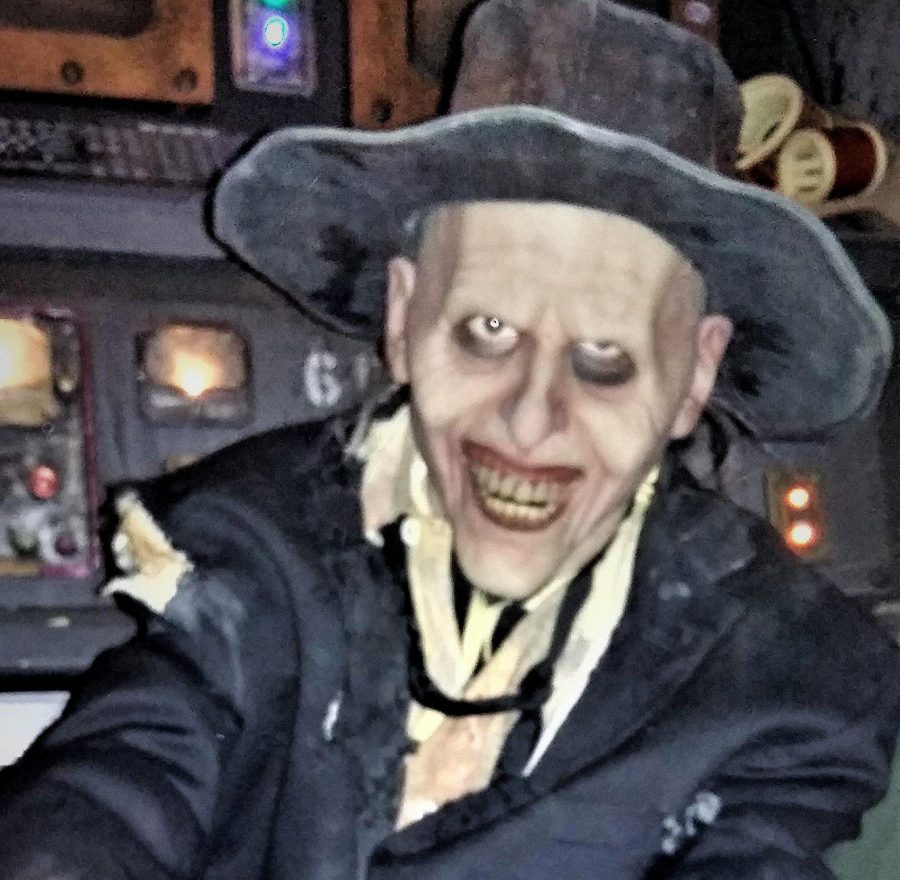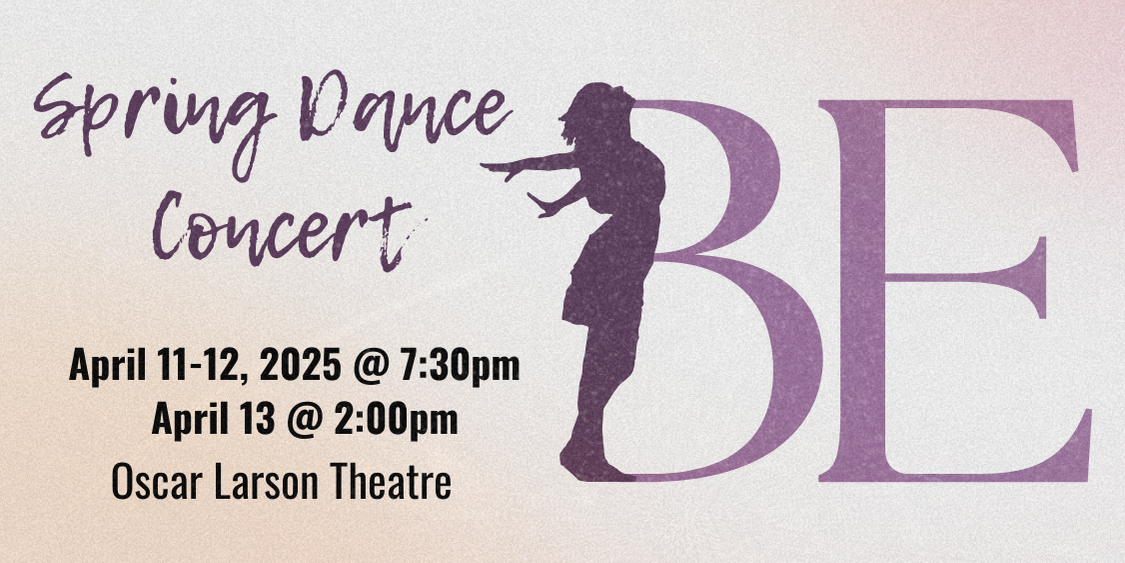Spooky season is upon us, so it’s time to get scared. While fear is typically a negative feeling, we may subconsciously enjoy a scare more than we even realize.
Feeling scared produces endorphins in the brain which create a natural high, an online NBC News article by Vivian Manning-Schaffel said.
“Other ‘feel good’ chemicals also come into play with fear, namely endorphins, dopamine, serotonin and oxytocin. The neurotransmitters and hormones that are released are helping us prepare to fight or flee, at the same time our attention is shifting away from abstract thoughts and focusing on issues of survival,” Manning-Schaffel said.
For some people, fear, whether it stems from a haunted house or scary movie, is a way for them to escape the real world for an hour or two. Chances are, you probably are not thinking about classes, bills or upcoming exams when you are in the middle of the Fear Asylum Haunted House.
“As soon as we realize that we’re not, in fact, going to die we can enjoy the arousal response, that’s when fear can be fun. You’re in the moment, and afterward you feel like you overcame a challenge, so you feel more confident about the real, not ‘scary fun’ threats that await you in the future,” Manning-Schaffel said.
This is why senior music education major, Samantha Ulrich, enjoys frightening Halloween decorations and old scary movies.
“Everyone needs a little excitement and adrenaline in their life. Sometimes being scared also makes you feel alive and gets you out of your real-world anxiety and stress,” Ulrich said.
Connor Hansen, a senior music education major, digs “thrillers and haunted houses because these things give me an adrenaline rush which can be fun, especially with a group of friends.”
However, the thrill that comes from feeling afraid only goes so far. There needs to be some sense of control over the frightening situation in order to actually relish in it.
“People don’t generally like fear when they don’t have some sort of control of the situation. People also differ in how much control they need to feel to enjoy a situation which will impact the extent to which they can enjoy a ‘scary’ situation,” Manning-Schaffel said.
Having the option to shut off the television, walk out of the theater or leave the haunted attraction is key in actually enjoying the experience for most people, said Ulrich.
“I like scary things when I know they are fake and I can get out of them if I need to,” Ulrich said.
However, the lines between what is fake and what seems real when dealing with nerve-racking situations tend to get a little blurred.
Our real-life experiences influence whether we are fond of fear or not, and for people who have had negative encounters with frightening scenarios, being scared on any level might not be fun.
“There are people who have had a bad experience with haunted houses or horror movies and associate all things in the ‘fun’ scary category with feeling bad. Or, they were never exposed to ‘fun’ scary and therefore have no frame of reference for why or how something scary could be fun,” Manning-Schaffel said.
Even Ulrich admits that some of the new scary movies that appear in theaters are not the type of hair-raising ones she typically enjoys because some of the events in them seem too real and like they could actually happen.
“I don’t really do a lot with the supernatural stuff because then it’s just too much. I have a limit,” Hansen said.
Fear-seekers and those who actively attempt to avoid it can agree upon one common truth: fear, in any of its forms, is inevitable.
“There’s no escaping fear because it’s as natural as breathing. But learning more about why we feel it and what our triggers are can only help us figure out how to better face our fears, and not let them get the best of us,” Manning-Schaffel said.



















